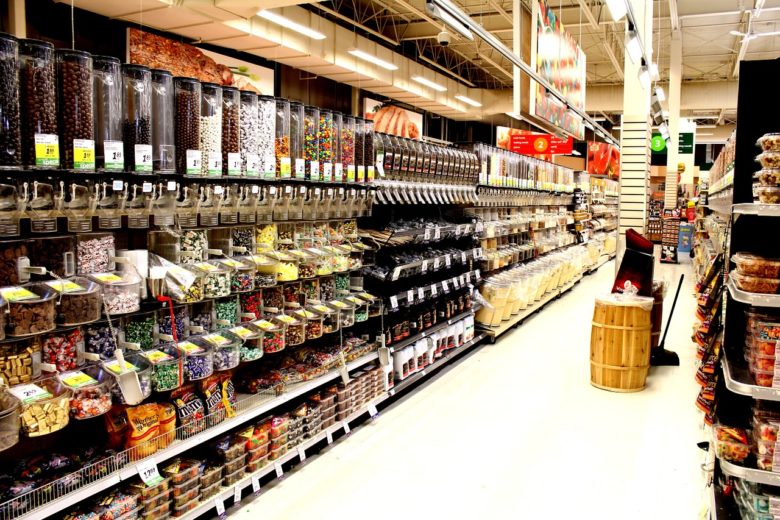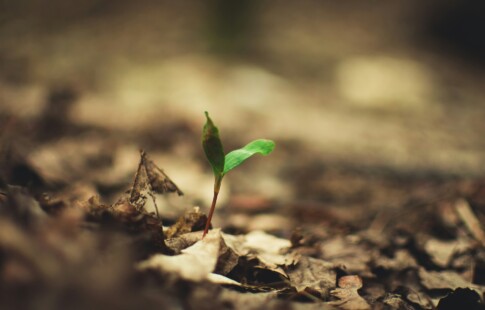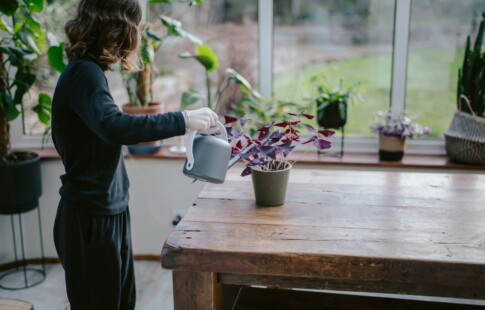
Tips for Zero Waste Grocery Shopping When You Don’t Live Near a Zero Waste Grocery Store
We are reader-supported. When you buy through links on our site, we may earn affiliate commission.
If you’ve chosen to embrace a zero-waste lifestyle, you’re making a positive contribution to the planet. Your eco-conscious actions are setting an important precedent for future generations. At the same time, the greener choice isn’t always convenient, and you might have to go a little out of your way to manage your expenditure.
But there’s no reason to worry! As long as you follow a few basic strategies for reducing waste, you’ll find it’s simple and easy to maintain a small footprint. We’ll walk you through everything you need to know, touching on seven tips for zero waste grocery shopping when you don’t live near a zero waste grocery store.
1. Purchase Without Packaging
You can purchase bulk products without the use of plastics or packaging with a little ingenuity. Bring your own reusable bag to your local grocery store and fill it with your choice of food from the associated dispenser. Write down or take a picture of the SKU number for later reference, and you’re good to go!
2. Use a Cotton Wine Tote Bag
Wine tote bags include dividers to prevent bottles from clattering against each other, and they serve a similar purpose in zero waste shopping. If you prefer mason jars for collecting your different foods, you’ll find these tote bags are helpful for avoiding cracks or, worst case scenario, shattered glass.
3. Simplify Produce Shopping
In truth, you don’t need to separate each type of fruit or vegetable you purchase with individual plastic bags. Just place package-free fruits and vegetables directly into your cart, and if you need to keep items together, use a tote bag. This is a simple, but no less effective tip for reducing plastic waste every time you shop.
4. Bring Your Own Containers
When you’re browsing the deli aisle, or perusing the bakery, bring your own adequately sized reusable containers to carry your purchases. Though it’s still relatively uncommon to waive the conventional boxes and packaging, you’ll find that most — if not all — grocery stores will accommodate your request.
5. Organize a Shopping List
It’s standard advice for any grocery shopper but takes on new value within the context of zero waste shopping. When you’re writing out your list of foods and beverages, you can check your refrigerator and freezer to ensure you’re not purchasing double. You’ll decrease food waste and save money.
6. Consult Other Zero Wasters
Even if there isn’t a zero waste grocery store in your area, you’ll find a community of like-minded individuals on the internet who share your values. You can consult more experienced “zero wasters” for advice on zero waste shopping, and they might even know about stores in your region you weren’t previously aware of.
7. Purchase a Loose Leaf Diffuser
Most tea bags contain up to 25 percent plastic, which raises some unsettling implications for your health and the environment. Fortunately, you have alternatives to tea bags, and you can avoid them altogether by purchasing a diffuser and loose leaf. This simple switch is good for both your body and the planet.
Making the Best Choice
The best choice isn’t always the choice right in front of you. You might find it takes a bit of extra effort to maintain your zero waste lifestyle, but it doesn’t have to be stressful. As long as you invest in a loose leaf diffuser, a tote bag and containers — following the other items on this list — you’ll see it isn’t difficult to live green.
When reviewing your options, consider some of the suggestions above. Living waste free is possible, and easy, with only a few small adjustments.
Share on
Like what you read? Join other Environment.co readers!
Get the latest updates on our planet by subscribing to the Environment.co newsletter!
About the author

Jane Marsh
Starting from an early age, Jane Marsh loved all animals and became a budding environmentalist. Now, Jane works as the Editor-in-Chief of Environment.co where she covers topics related to climate policy, renewable energy, the food industry, and more.





